So, your school is set up, labs and grounds are ready, teachers are hired, and students are rolling in. That’s great! But doesn’t it nag you a bit to know how your teachers are performing? What makes you sure that your students are getting the quality education and treatment they were promised? Enter teacher evaluation methods ‒ the appraisal for teachers that every educational institute needs.
Done properly, a good teacher evaluation system will help the educator immensely in tracking their school’s performance and knowing exactly what changes are needed to improve and which practices to weed out. An opportunity for genuine professional learning, teacher evaluation strategies should be established around functionally tried, tested, and accepted best practices and standards of education.

Why do you need teacher evaluation methods
Teacher assessment helps both teachers and students, and thereby helps the authorities. It can be student-focused, linked to classroom performance, and observing the teachers themselves. The teachers get a good strong understanding of the school’s mission and vision from these appraisals. Depending upon their performance, you can direct them to engage in professional learning programs that they can take up to upgrade their skills and expertise. Not to mention, regular assessments increase personal performance.
With students, it is even more beneficial. First of all, you get to see exactly what they are learning and how it is impacting their cognitive abilities. Secondly, you can feel the pulse of the school from these teacher evaluations ‒ how the class as a whole feels about a teacher, if they are being treated fairly, and if the teacher is being valuable and exemplary to them at all.
For the school management, teacher evaluation systems grant a veritable boon, with multiple facets to benefit from. Such as:
- Stakeholders can identify and solve institutional issues better by tracking performance levels in the school.
- School leaders will be better equipped to identify teacher traits and capabilities and therefore can make better decisions about assigning duties and positions.
- In line with the above, it enables you to reward teachers who perform well and reprimand those who don’t (or replace them if required).
- This will enable you to identify gaps in between teaching and learning, which is one of the leading causes of poor student performance.
- Data is always valuable and teacher evaluation gives you valuable data about various metrics of performance in your school.
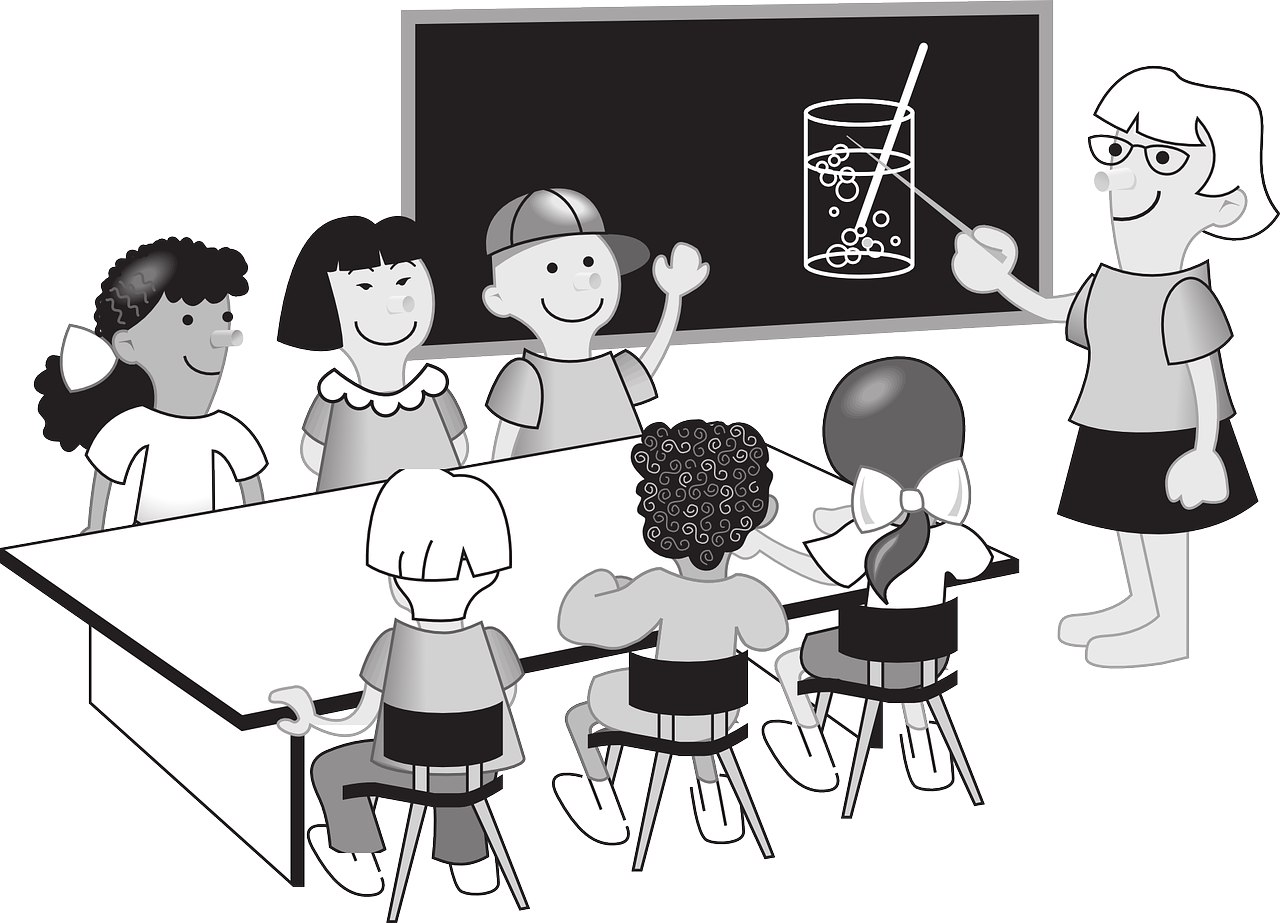
Teacher Evaluation Criteria
How to evaluate the teachers’ performance has always been a big question among education industry leaders. The techniques and criteria have been evolving over centuries, and it has become as described below in the modern days.
Effectiveness of planning
A good teacher should follow the prescribed curriculum and lesson plans precisely. They should be using appropriate teaching aids, materials, and resources successfully. They should be able to plan assignments and activities according to the needs and different abilities of the students. They should also be able to group students based on their instructional needs.
Effectiveness of teaching
The teacher should be able to clarify the lesson objective wholly to the students. They should be presenting the concepts clearly and logically and reinforcing them with real-life examples. The teacher should be able to connect each lesson to past and previous lessons, thereby retaining contiguity. While doing all of this, the teacher should command the students’ attention and contain their discipline. They are to gauge students’ performance regularly without bias and provide feedback.
Interaction and Motivation
A teacher should be able to create a learning environment supportive to students that enables them to display initiative and be participative. The teacher should know and understand every student’s background, and handle each one accordingly with concern and empathy. Their tone should be encouraging and supportive in all one-to-one interactions. They need to establish a difficulty level that promotes success.
Subject Matter Expertise
The teacher must be up-to-date with their respective subject and curriculum knowledge, and be abreast of all the recent trends and news of the relevant education world. They should be able to connect current and past affairs and incidents with the subject matter easily, and present the content logically.
Communication Expertise
The teacher should have clear pronunciation and a commanding voice that easily captures the students’ attention and maintains it. They should have great presentation skills and intone their lessons in an encouraging way. They must also be great listeners and interact fluidly with students.
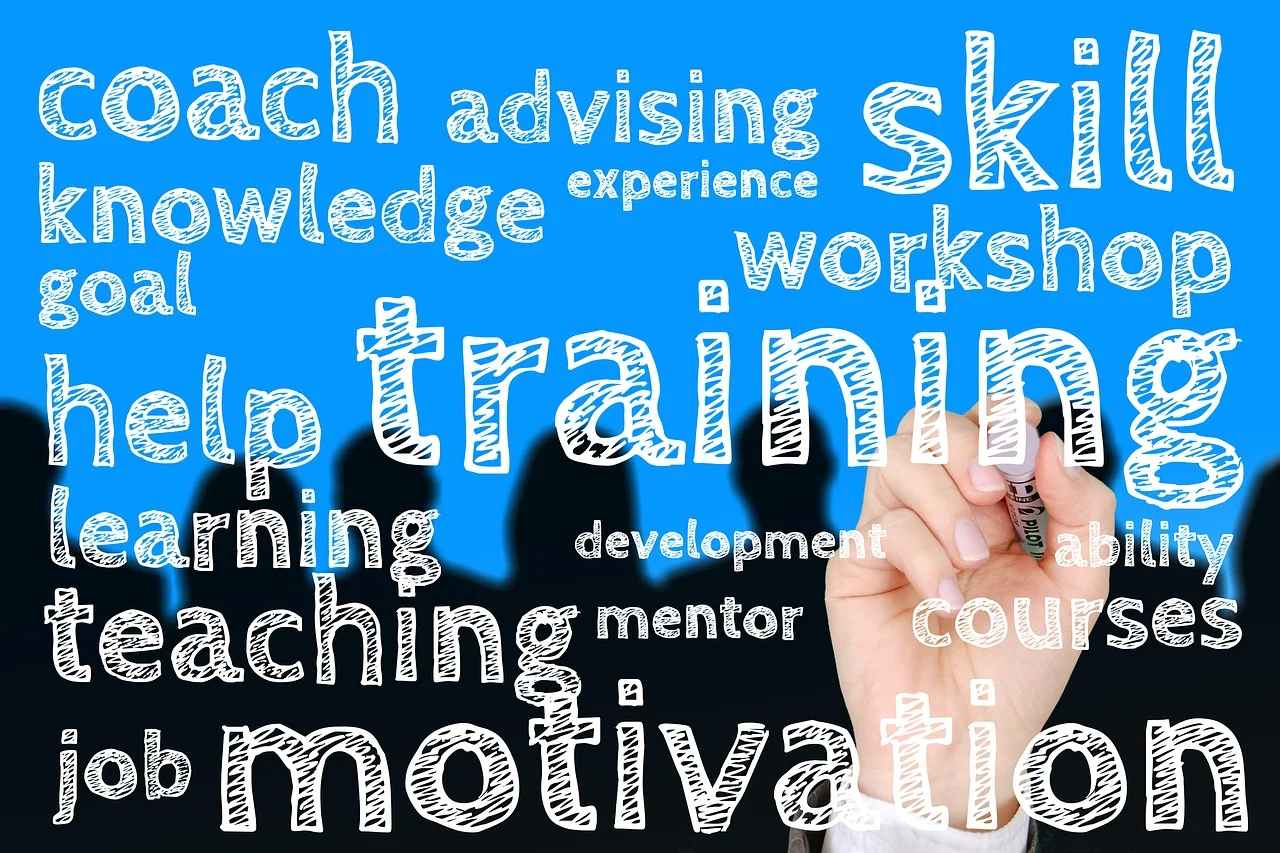
Student Assessment Capabilities
The teacher should be able to evaluate the performance of the students regularly and provide feedback accordingly. They should clearly communicate what’s expected of the students, and employ effective assessment techniques. They should provide proper feedback in a timely manner too.
Class Management Skills
The teacher should be able to maintain discipline in a class effortlessly and promote self-practiced discipline. They must know how to manage disruptive behavior and set clear parameters for good behavior.
Parent and Community Interaction
The teacher should often take part in open communications with the parents about the best interests of their children, and invite them to collaborative activities. The teacher should actively find opportunities for community involvement for their class.
Management and Peer Interaction
As an employee of the school, the teacher should follow all the employment policies of the school and submit all deliverables on time. They should display great team spirit and cooperate well with other teachers. They should be the first to report any incident or anomaly in their line of duty to the management.
Personal & Professional Growth
The teacher should always find ways to continually improve and develop himself or herself through professional workshops, meetings, training programs, peer reviews, and self-appraisal processes. They should associate with professional committees, clubs, or other associations; and continually keep abreast of recent developments in their own field of study.
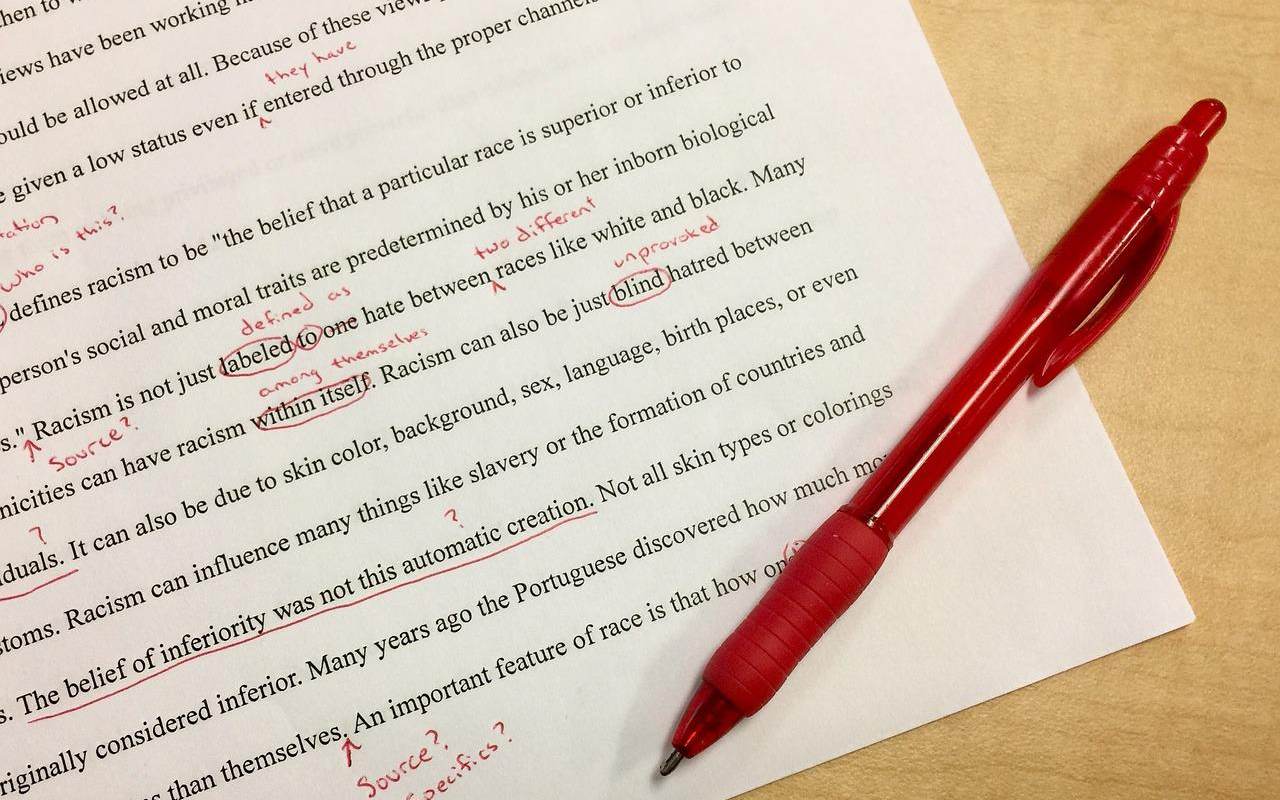
Teacher Evaluation Techniques
There may be various ways to measure teacher performance, and you can employ any combination of the following. Just remember, your strategy should be reliable, practical, and efficient.
- Classroom observation: Superiors of the teachers or a school management member can sit in a class and directly observe the teacher and his/her way of having a class. There should be some specific questionnaire drawn up as a teacher evaluation form.
- Instructional Artifacts: Management staff can implement structured protocols using classroom artifacts like lesson plans, teacher assignments, assessments, etc. These classroom artifacts can be analyzed to determine teacher effectiveness.
- Peer-based Evaluation: You can assign other teachers to evaluate a teacher’s performance. Specific peer evaluation forms need to be developed for this.
- Self-assessment: This is a great method of letting teachers understand their strengths and weaknesses. They can describe their goals and accomplishments and room for further development.
- Student feedback: Face it, students are the consumers of your product (education), and therefore their feedback is the most important. Conducting regular surveys with students using specialized teacher feedback forms. This process should be conducted away from the teacher and anonymously so that students do not fear victimization.

A Final Note
It goes almost without saying that running a successful school and being famous at it cannot be done without proper teacher evaluation methods. To do this, first the school heads must decide what kind of evaluation would take place, and who would conduct them. Then you should define the parameters for the evaluation and the data collection methods and reliability process. The whole process needs to be kept transparent from the various levels of stakeholders as well. Besides, letting the parents know of the process would be beneficial for the school’s reputation.
Image courtesy: pixabay





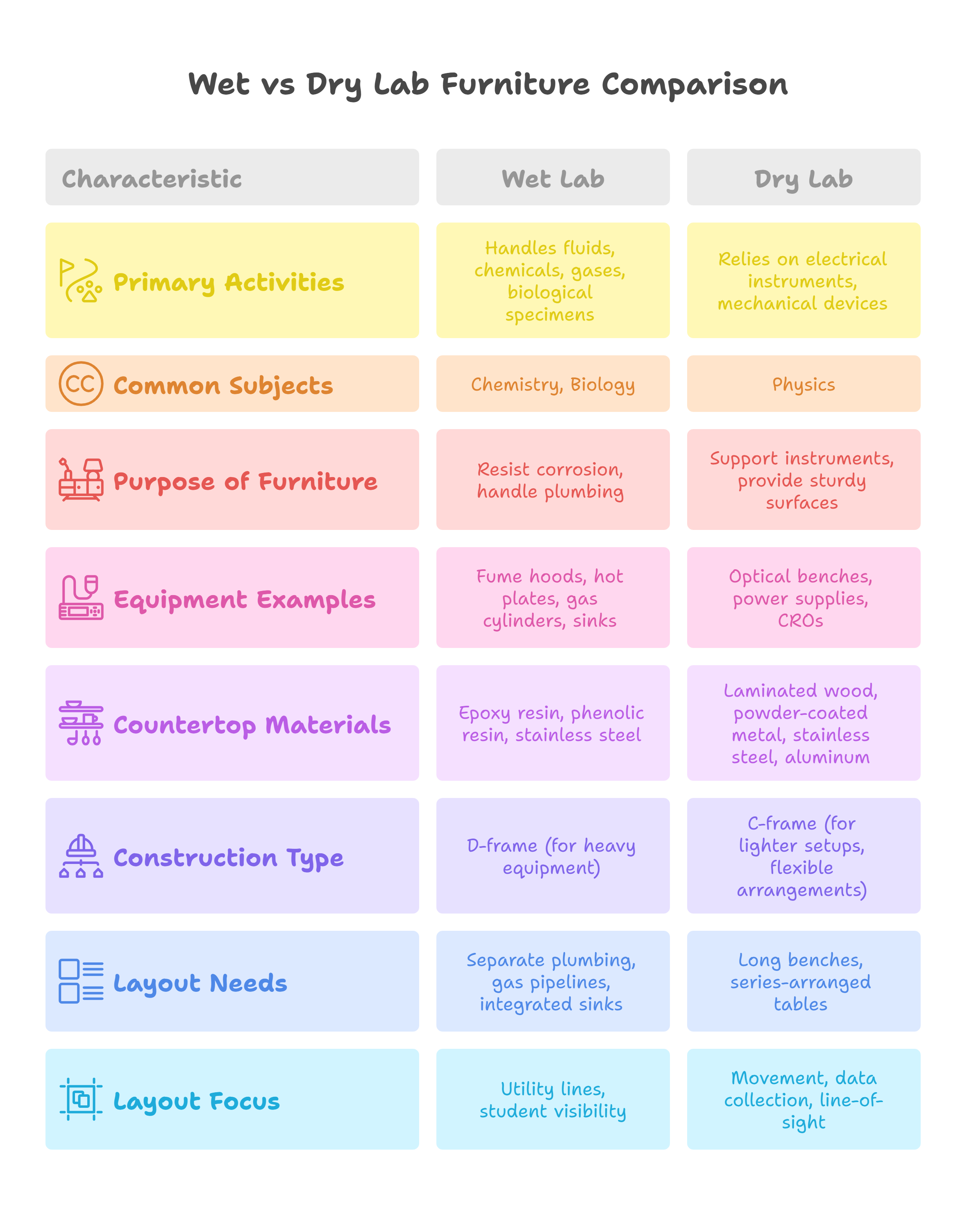
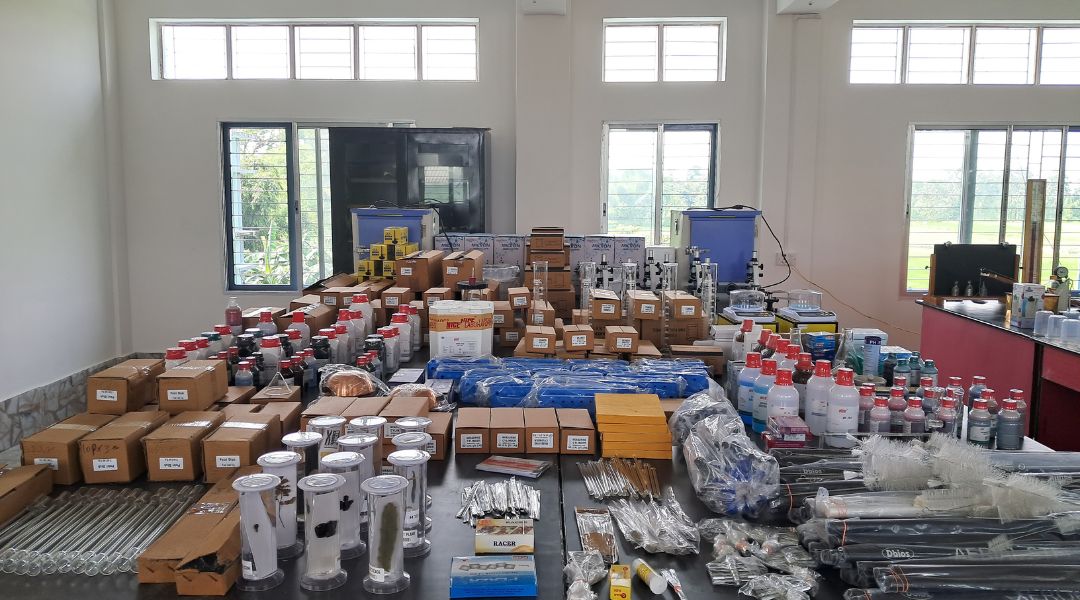
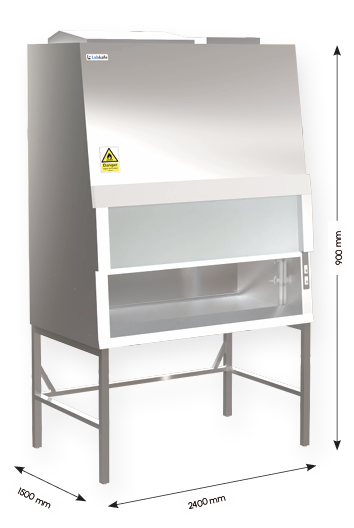
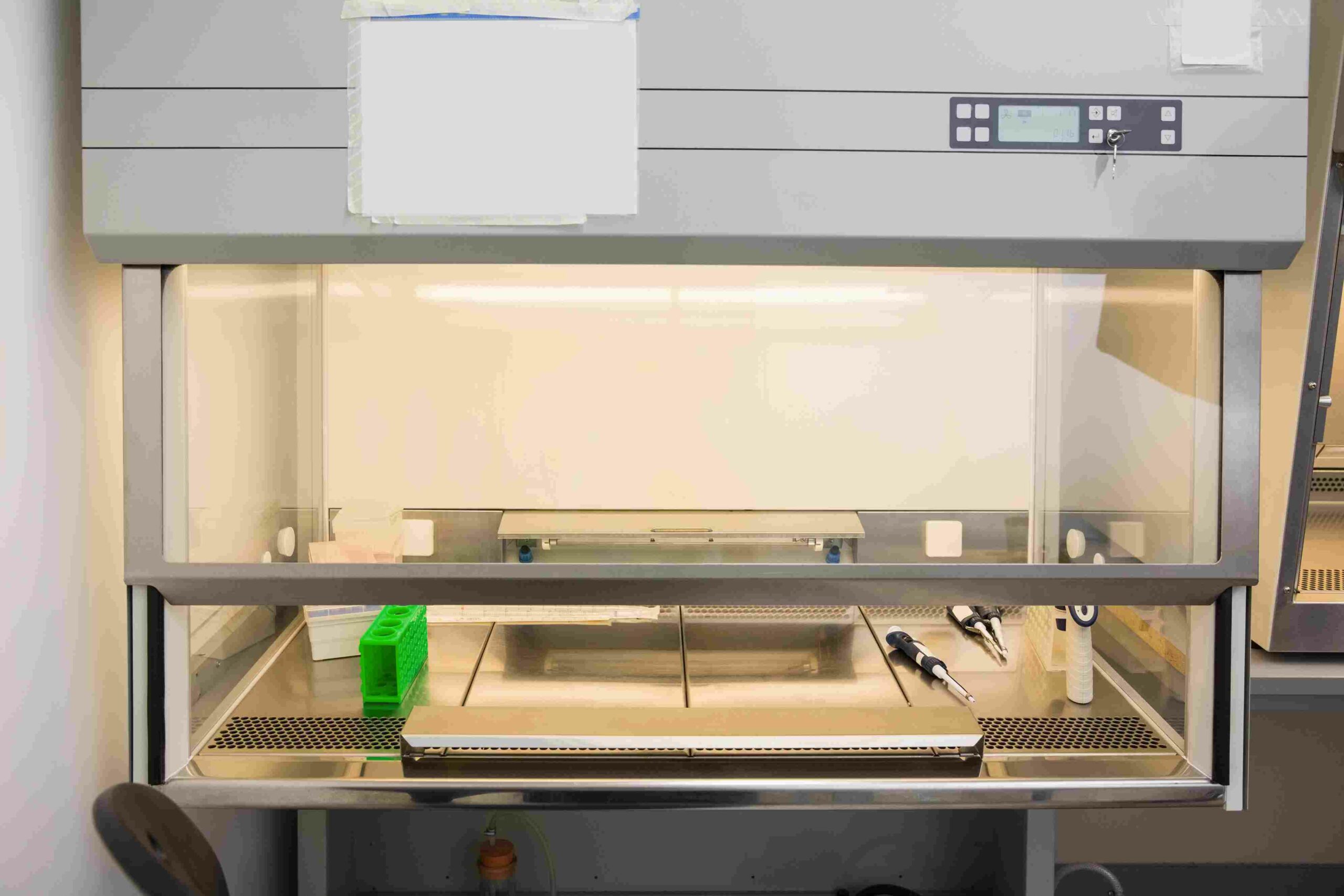
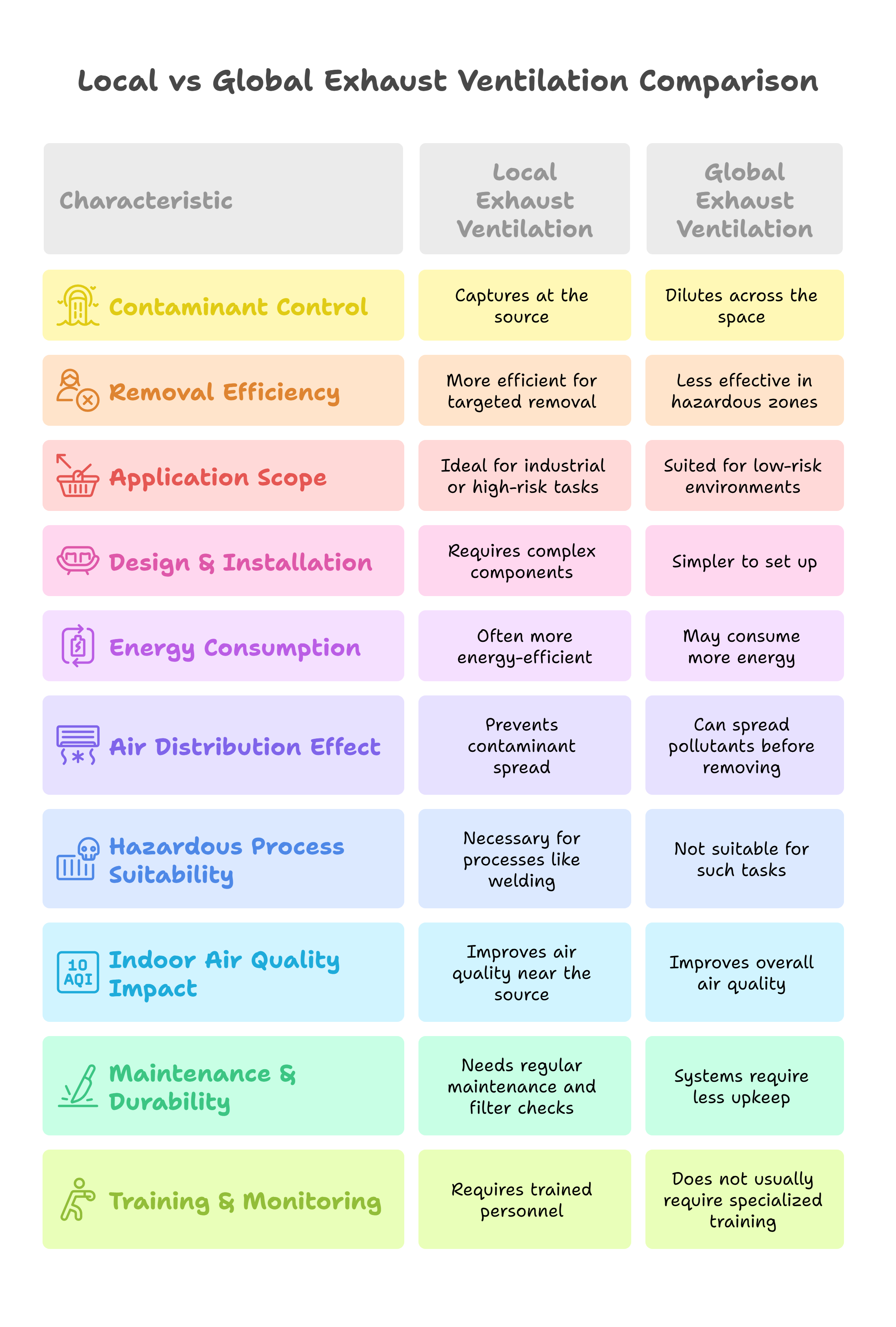
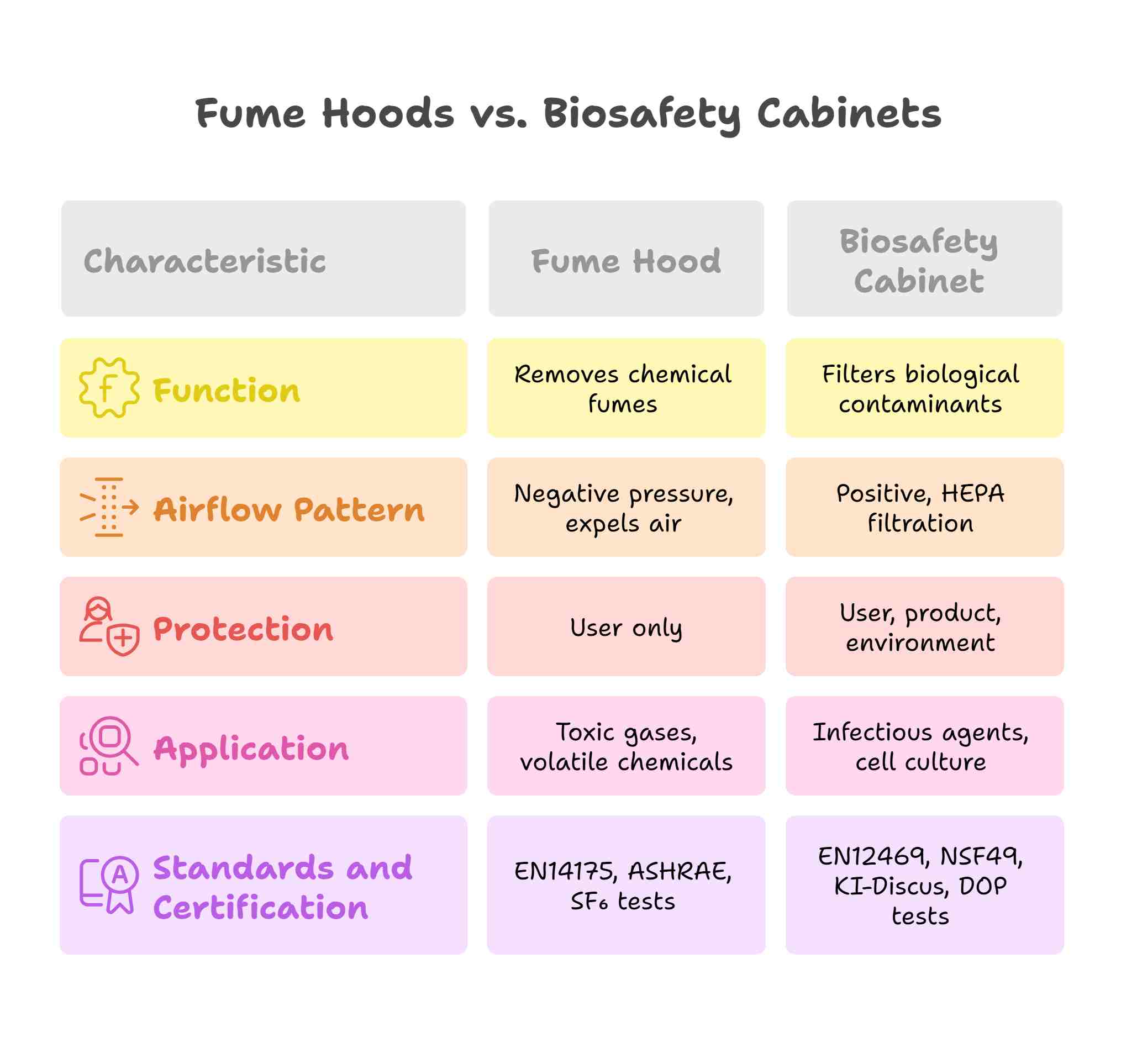
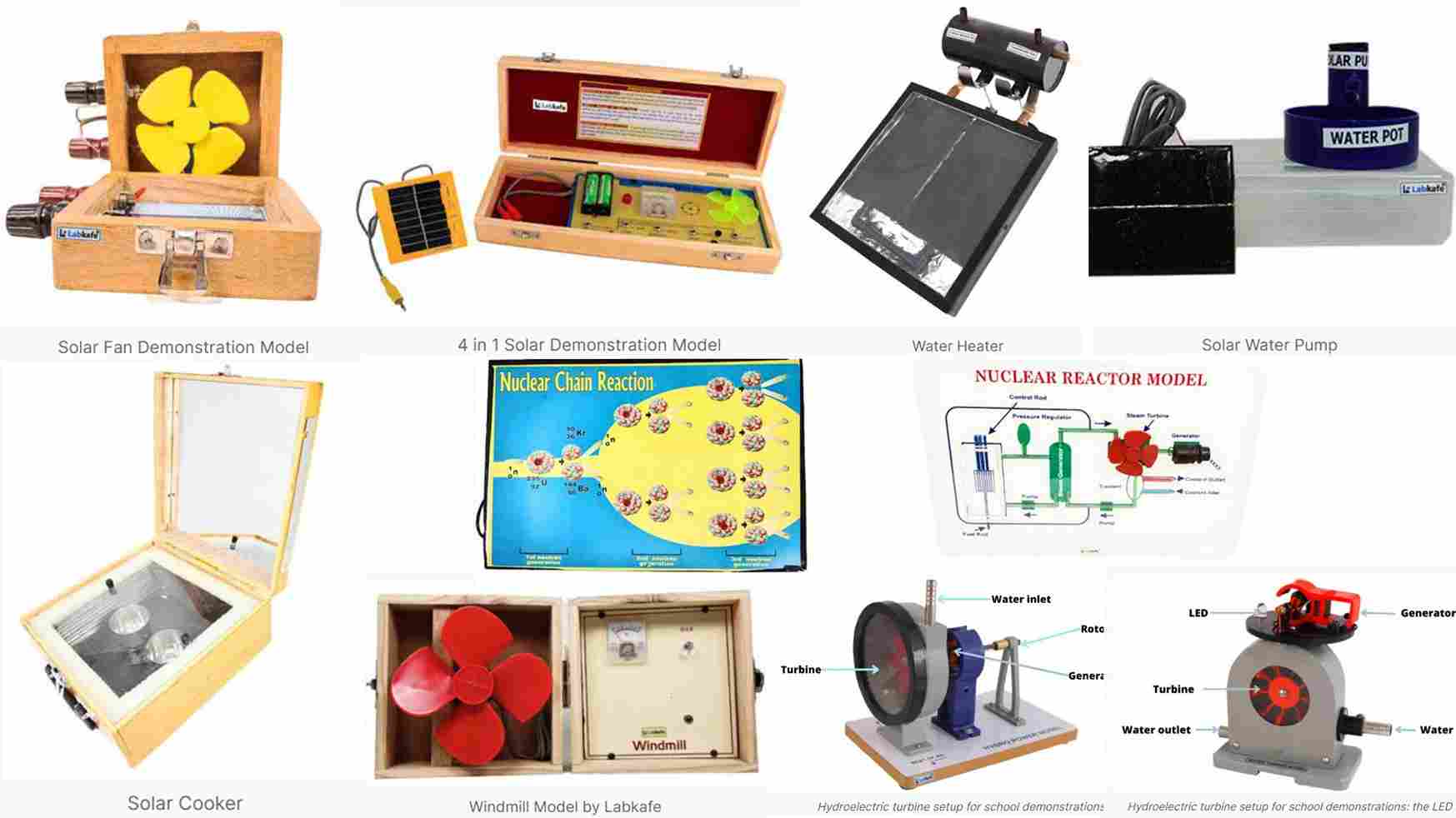
Leave a Reply